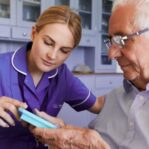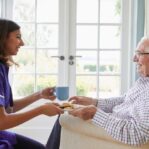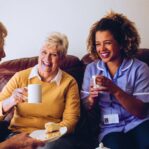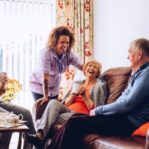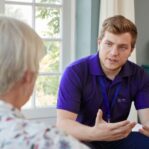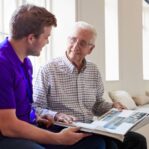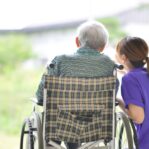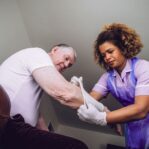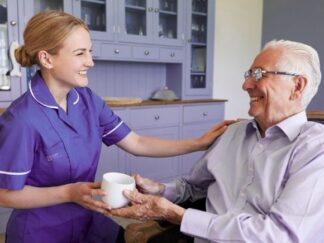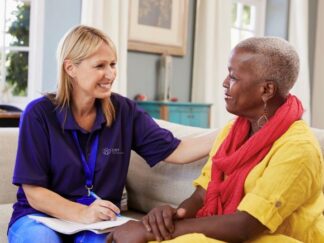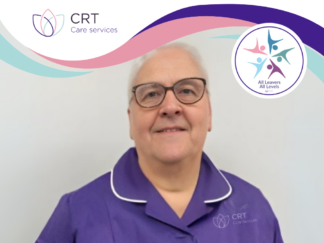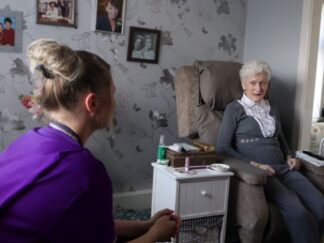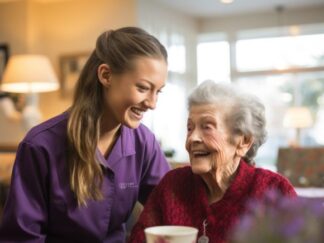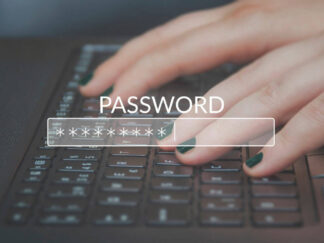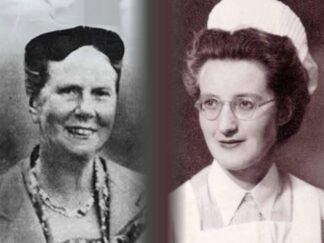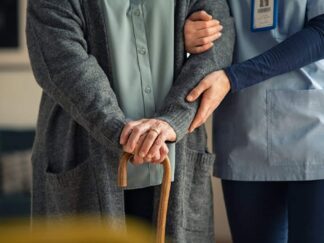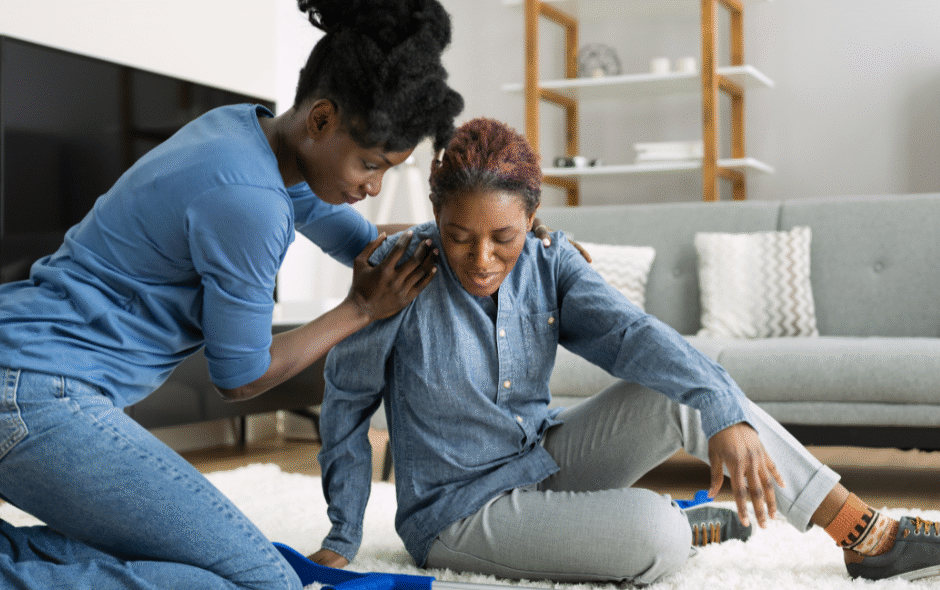
Statistics
According to the NHS 2024 Around 1 in 3 adults over the age of 65 and over half of people aged 80 and above will have at least one fall year. However, these figures are inclined to increase during the autumn/winter months due to the hazards that the weather brings during these times.
An elderly person falling may lead to significant injuries such as broken bones, however may also lead to a loss in confidence, withdrawing and a loss in independence.
What can cause a fall?
- Problems with balance and muscle weakness
- Vision loss
- Long term health conditions, such as hear disease, dementia, low blood pressure, Parkinson’s and dizziness
- Wet floors (such as the bathroom after a bath/shower)
- Dark room /Dim lighting / unopened curtains
- Unsecured rugs or carpets
- Rushing to go to the toilet at any time
- Infections (such as UTI’s)
- Chairs and beds being at the incorrect height (too high or too low)
- Side effects of medications
- Diabetes
- Rheumatoid Arthritis
- History of strokes
How can we help to prevent slips, trips and falls?
- Keep pathways clear
- Good foot wear – choosing the correct footwear and good fitting footwear is sometimes key. (i.e. avoiding open backed slippers when using walking or mobility aids)
- Reporting any concerns with feet – (anything from toenails need trimming by a specialist, fungal infections to sores or bruising)
- Reporting any changes with a service users’ mobility, balance and postural instability
- Where possible choose socks without an elasticated top – these often restrict the blood flow to the feet and ankles and can lead to loss of feeling etc.
- Leave walking aids within reach of the service user at all times
- If a service user is having reoccurring falls there may be an underlying reason and a new assessment may be needed. This may involve multidisciplinary teams such as physiotherapists, occupational therapists, opticians, GPs, hearing tests
- Keep floors dry such as in the bathroom after personal care
What to do if an individual has fallen?
- Do NOT pick them up
- Assess for injuries and seek medical advice (if needed call 999)
- If the individual has a falls pendant or support in place pull the chord for help or press the button, where specialist equipment will be used to help the person get off the floor, where there is no injury but the person cannot get themselves up of the floor.
- If you do not know how long the individual has been on the floor for call 999
If a service user has been on the floor for a prolonged period (over 1 hour) of time they are at risk or muscle damage, hypothermia, dehydration, incontinence, pressure ulcers and anxiety, as well as pain.
Useful links and Further information for support and guidance for both care workers and service users
- https://www.csp.org.uk/system/files/get_up_and_go_0.pdf
- https://www.ageuk.org.uk/our-impact/programmes/falls-prevention-resources/
- https://www.england.nhs.uk/rightcare/toolkits/falls-and-fragility-fractures-pathway/
- https://fallsassistant.org.uk/games/spot-the-hazard
- https://documents.manchester.ac.uk/display.aspx?DocID=49104
- https://www.futurelearn.com/courses/falls
- https://www.nice.org.uk/guidance/cg161/resources/falls-in-older-people-assessing-risk-and-prevention-pdf-35109686728645
Our partners










